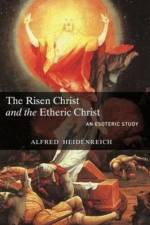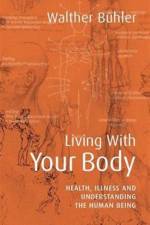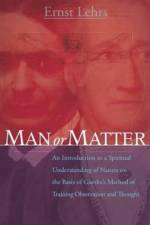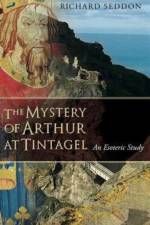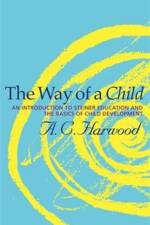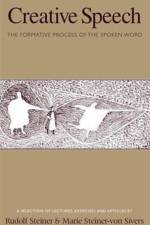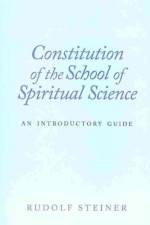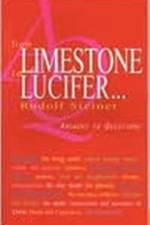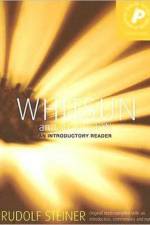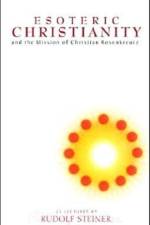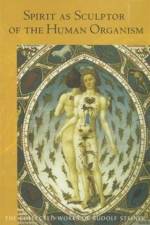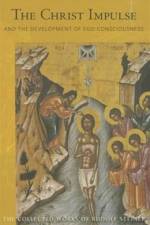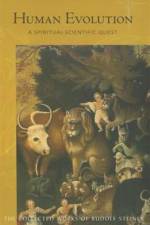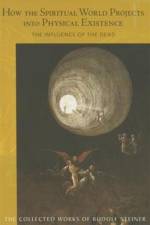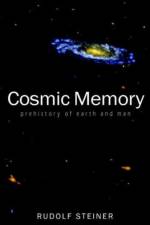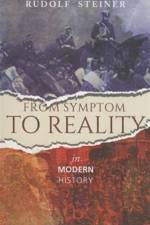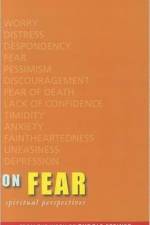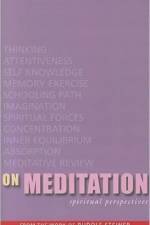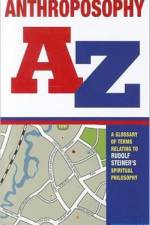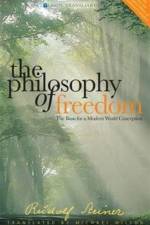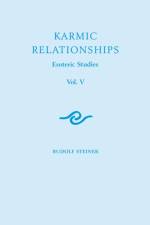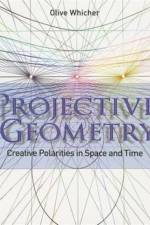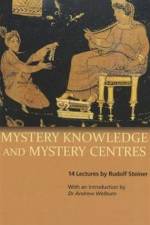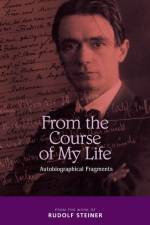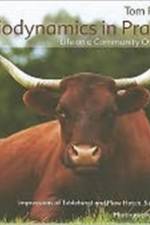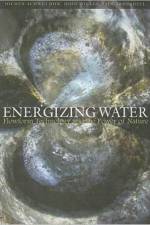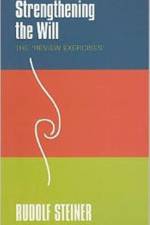- A Guided Tour Through the Building, Its Surroundings and Its History
av Hans Hasler
191
The Goetheanum in Dornach, Switzerland, was conceived as a visible expression of Rudolf Steiner's spiritual philosophy--a living experience of Anthroposophy in the form of art. Steiner conveyed his ideas and concepts in many books and lectures, but the Goetheanum--with its pioneering concrete forms built in the 1920s--is a manifestation of spirituality in architecture, painting and sculpture. This essential handbook, packed with color photos and illustrations, gives a broad background to Rudolf Steiner's architectural masterpiece and the work that goes on within it. Hasler explains how the present Goetheanum was built, and describes its recently remodeled great hall and stage, with its painted ceiling and sculpted walls. He details the building's context and landscape design, the other significant structures in its vicinity, and gives a description of the first, wooden, Goetheanum and its destruction by fire. Today, the remarkable external contours of the Goetheanum contain theaters, studios, laboratories, offices, and libraries. Apart from its grand stages for drama and eurythmy, it serves as the headquarters of the worldwide Anthroposophical Society and the School of Spiritual Science with its sections for medicine, agriculture, education, the arts, science, and more. The Goetheanum is also home to numerous conferences, meetings, and events. This beautifully produced book provides a marvelous visual and textual guide to one of the most original buildings of our timeFull colour thoughout.

